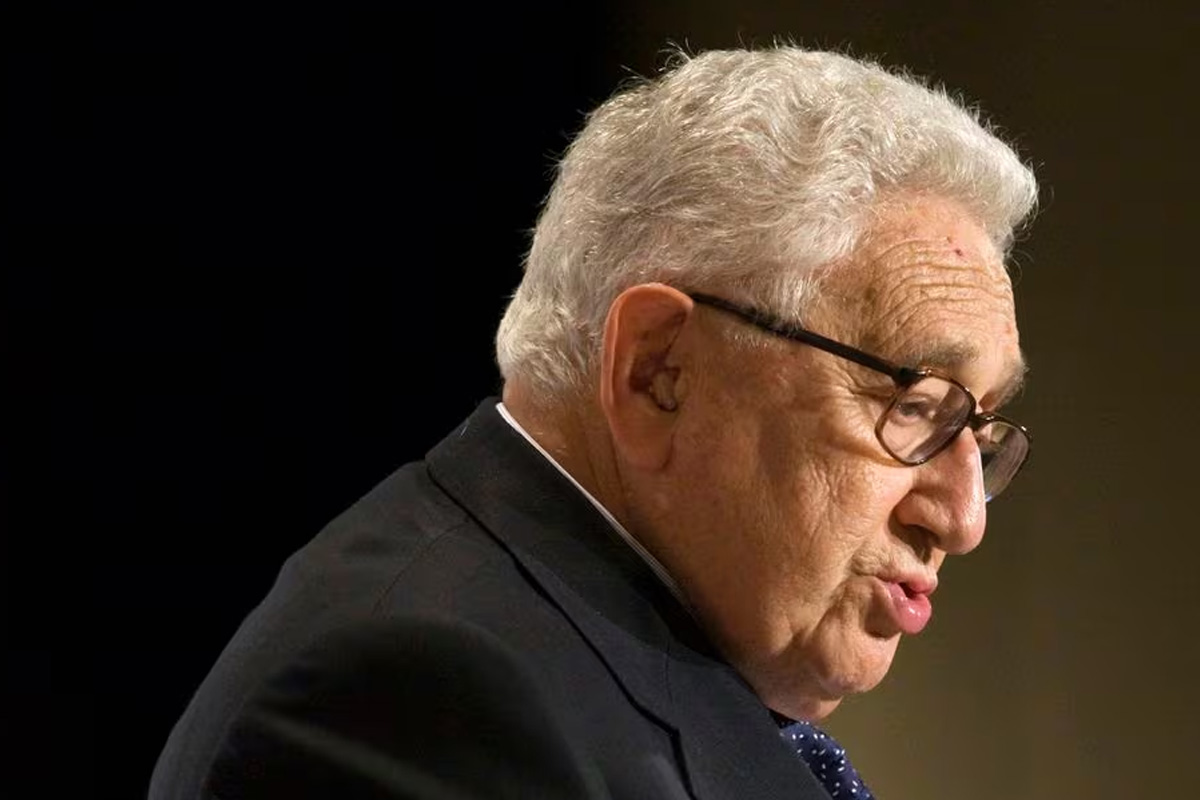Renowned diplomat Henry Kissinger, known for his influential roles as a national security adviser and secretary of state, has passed away at the age of 100. The news was confirmed by his geopolitical consulting firm, Kissinger Associates Inc. Kissinger died at his home in Connecticut, and details about the circumstances were not disclosed.
According to the statement, a private family service will be held, followed by a public memorial service in New York City at a later date. Kissinger had remained active in his later years, participating in White House meetings, publishing a book on leadership, and addressing a Senate committee on the nuclear threat from North Korea.
During the 1970s, amidst the Cold War, Kissinger played a key role in significant global events, including the U.S. diplomatic opening with China, arms control talks with the Soviet Union, and the Paris Peace Accords with North Vietnam. While praised for his diplomatic contributions, he faced criticism for supporting anti-communist dictatorships, especially in Latin America.
Kissinger’s 1973 Nobel Peace Prize was awarded for his role in ending American involvement in the Vietnam War, but it stirred controversy, leading to resignations from the Nobel committee. Despite controversies, he continued to influence U.S. foreign policy as secretary of state under President Gerald Ford.
Born in Germany in 1923, Kissinger moved to the U.S. in 1938, served in the Army during World War II, and pursued an academic career. He became a naturalized U.S. citizen in 1943 and joined Harvard University’s faculty. His diplomatic career took off with his association with President Richard Nixon, where he played a crucial role in U.S. foreign relations.
Kissinger’s legacy is marked by both acclaim and criticism, reflecting the complexities of his contributions to global diplomacy.







